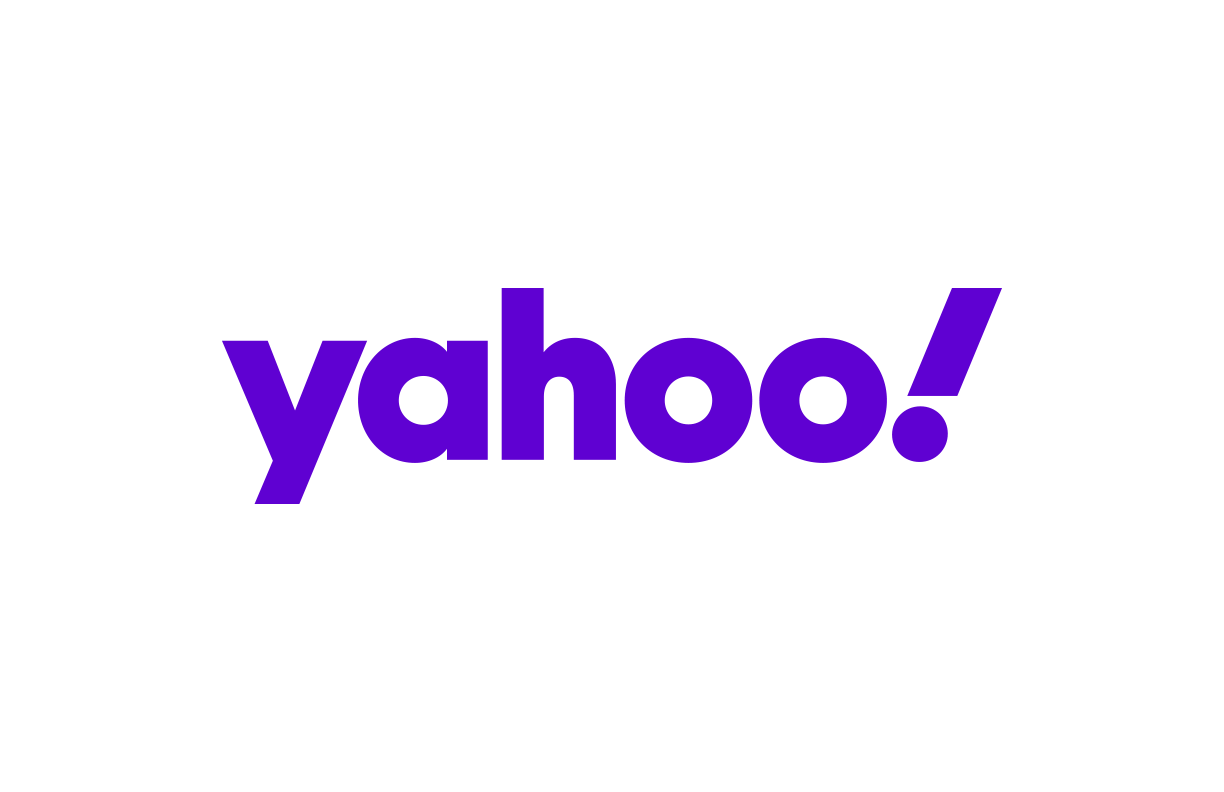If there is one term dominating the headlines right now, it’s AI. With the promise to transform the world as we know it, advertisers need to understand how consumers perceive the use of AI and what drives their sentiment.
To that end, Yahoo and Publicis Media commissioned Ebco to conduct an in-depth, multi-method study, “Trust Through Transparency: The Future of AI and Advertising.” This study incorporated qualitative B2B interviews and two online quantitative surveys distributed among advertising professionals and general consumers for a total of over 1,200 US consumer participants and more than 350 US advertisers.
Consumers have historically taken the lead when embracing new technologies like mobile, social media and CTV, while advertisers have followed with adoption and investment. But AI is a departure from the norm. Advertisers have adopted the technology more quickly than consumers.
We saw this contrast reflected in our research when we looked at how advertisers and consumers perceive AI. While 77% of advertising professionals hold a positive sentiment toward AI, only 38% of surveyed consumers share the same outlook. This gap in adoption and trust presents an opportunity for advertisers and brands to build consumer confidence through transparency.
Beyond the bandwagon: advertiser confidence in AI
Overall, the advertising industry welcomes with open arms the advancements that AI has to offer. In our research, 86% of advertisers have already used an AI-enabled tool in their advertising or marketing role. These folks are seeing high returns. Eighty-seven percent of advertisers say AI reduces the time spent on tasks while 81% say it can increase sales for their organization. AI also allows marketers to focus on higher-order tasks, as 83% report having more time for the creative and strategic aspects of their role.
It’s not just the promise of daily workflow optimization that excites advertisers, but also the hope for higher-impact campaigns. Eighty-one percent of respondents agree that AI will elevate ad experiences by delivering at the right place and time, while 79% of advertisers believe it will enable pivoting strategies and campaigns in response to real-time market shifts. Still, 54% of advertisers are wary when it comes to concerns about data security and privacy.
Consumers are divided
While consumers are also finding utility in AI, there are mixed feelings. We found that consumers are both curious (49%) and concerned about the technology (46%). As younger generations are quicker to adopt technology, they’re also leading the charge in embracing AI, with 84% of Gen Z respondents reporting they use at least one AI tool compared to 68% of millennials, 54% of Gen X and 40% of Boomers.
While consumers are expanding their use cases beyond asking questions, 67% wish that AI was trained on fair, unbiased data. When it comes to advertising, consumers want transparency around what is generated by AI versus a human brain. Seventy-two percent say AI makes it difficult to decipher what is authentic, and 53% are not familiar with companies’ use of AI in advertisements.
Building trust through transparency
Advertisers can fulfill the promise of AI as long as they’re transparent, which we saw through a disclosure exercise we conducted in our research. When consumers were presented with AI-generated ads with a disclosure, 1-in-4 (24%) noticed the disclaimer. Overall, AI-generated ads with noticed disclaimers significantly boosted brand perceptions, providing a 47% lift in ad appeal, a 73% lift in ad trustworthiness and a whopping 96% lift in trust for the company.
This demonstrates that when advertisers are transparent, they can not only build trust but also generate positive brand equity. Brand communication is crucial for consumer trust.
There’s no denying that AI is quickly becoming a critical player across all facets of advertising. But its success relies on trust between all partners in the ads ecosystem. As AI continues to become a more meaningful part of the business, it’s incumbent upon the industry to embrace it with strategic foresight, clear designations around its usage and an open mind to the possibilities.
For more articles featuring Elizabeth Herbst-Brady, click here.
















